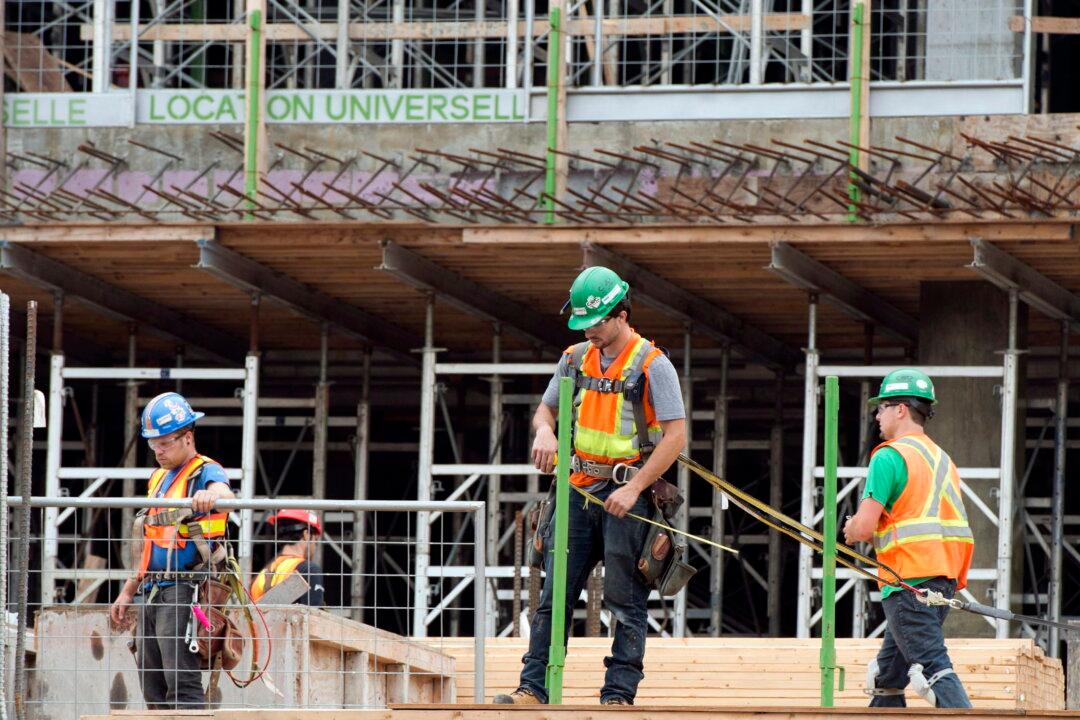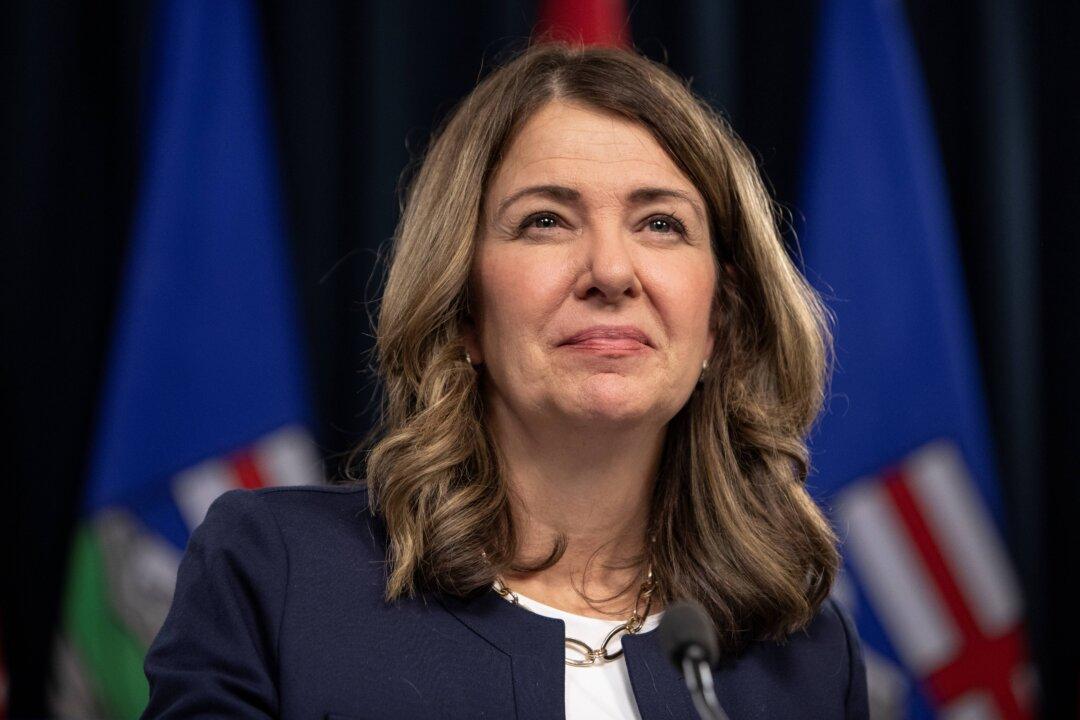The concept of providing all Canadians with free money to alleviate poverty has been gaining traction on social media, as a universal basic income (UBI) bill works its way through Parliament.
Bill S-233, which would require development of a national framework for a guaranteed livable basic income, is currently being reviewed by the Standing Senate Committee on National Finance (NFFN), while an equivalent private member’s bill has been tabled in the House. It is rare for private member’s bills to become legislation unless they get the backing of government.





